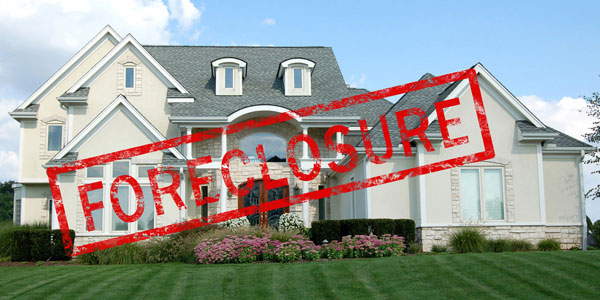A foreclosure proceeding is a proceeding to extinguish all rights, title, and interest of the owner of a property in order to sell the property and satisfy a lien against it.
As we all know residential mortgage loan payments are due on the first day of each month, with a grace period thought the 15th day of each month. Payments made after the 15th may incur a late charge. A late charge is usually equal to 5% of the payment amount
It is Important to remember that payments which are more than 30 days past due will be reported by the lender as delinquent to the credit bureaus.
Forbearance
If loan payments are delinquent for more than 90 days (may vary depending on state law), the lender has the right to file a foreclosure proceeding. If the borrower (person, who is responsible for loan) does not bring payments up to date or enter into a forbearance agreement (a negotiated payment agreement) with the lender within 30 days of formal notice from the lender, then lender may move forward with the foreclosure proceeding to pursue a judgment against the borrower
Reinstatement
In most states the borrower (person, who obtained the loan) has a statutory right of reinstatement. The right of reinstatement permits the borrower to bring delinquent loan payments up to date within 90 days of the borrower receiving notice that lender has filed a foreclosure complaint.
Redemption
Right of redemption is another right the borrower has in most states. During the redemption period, the borrower may pay off the loan in full in order to avoid a foreclosure sale of the property. The redemption period expires the later of the 3 months after a judgment of foreclosure is entered by the court or 7 months after the borrower receives notice of the initial foreclosure complaint.
Once lender has obtained judgment of foreclosure and the redemption period has expired, the property is sold thought a judicial sale. The owners (borrower’s) rights in the property are extinguished, and property must be vacated.
How does a Foreclosure impact a credit report?
A foreclosure impacts your credit report in several ways. First, the lender reports late payments on your account. Late payments of 30, 60, 90 days past due all have escalating negative effects on a credit score. Then, the actual notation of the foreclosure will do the most damage, as it will show that you had defaulted on an obligation to repay your debt.
What to do if you have a foreclosure on your credit report?
Credit Firm has helped thousands of clients delete Foreclosure accounts from credit reports. If you have a foreclosure on your credit report, contact Credit Firm to find out how we can help fix your credit and improve your credit score.

